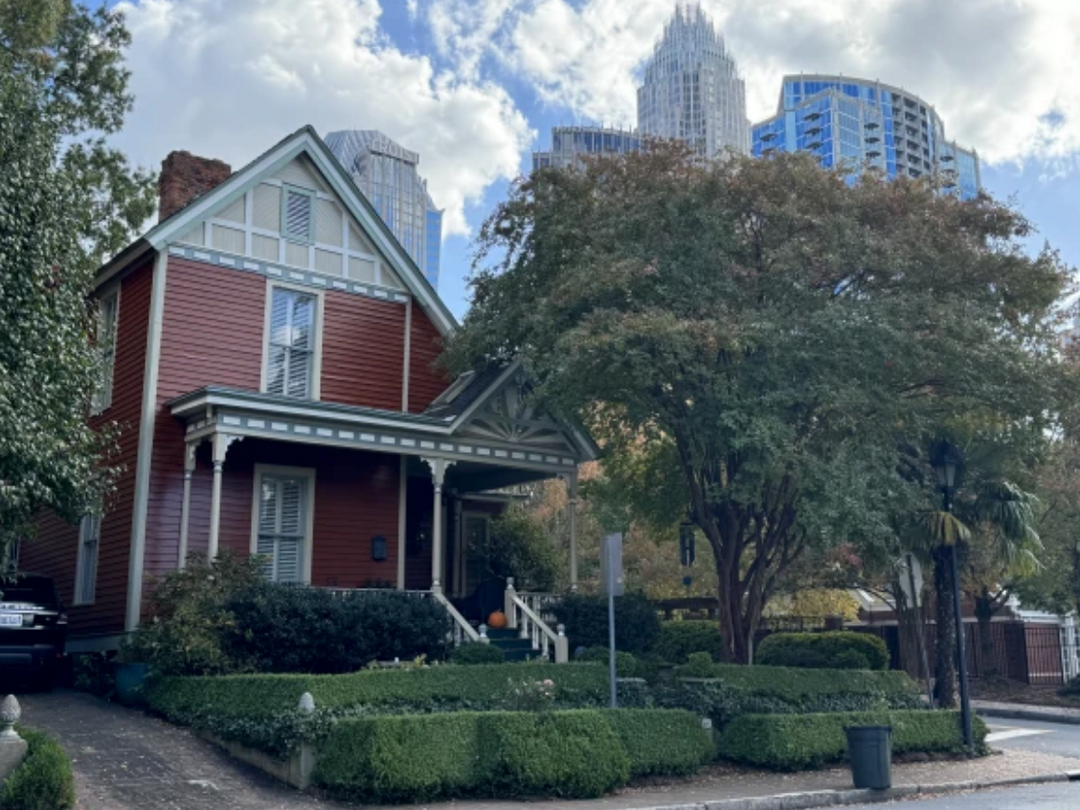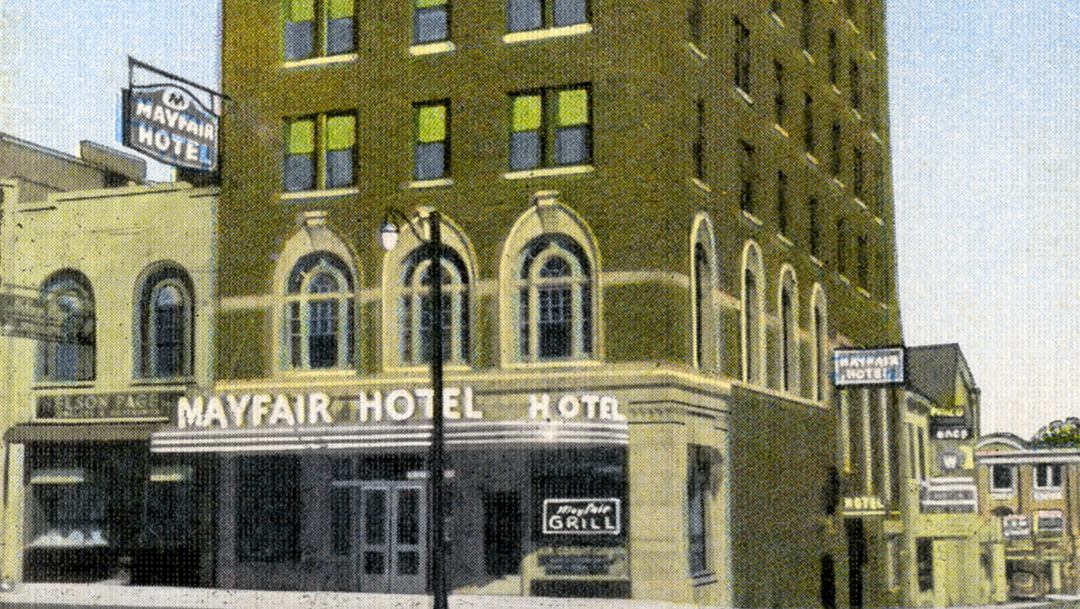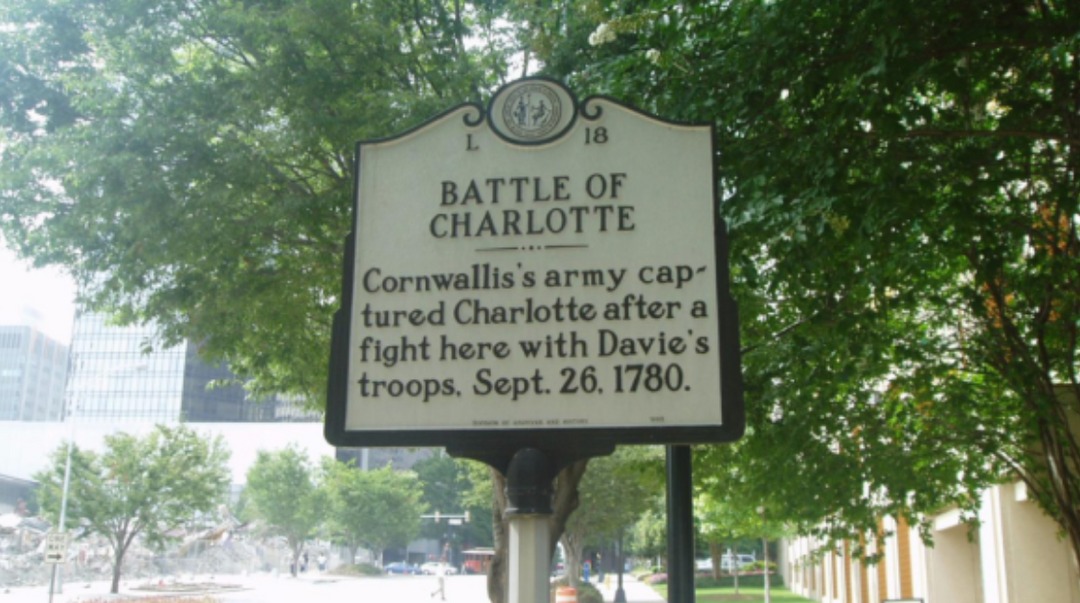Fact Friday 373 - Edward W. Butler, Prominent CLT Barber and Civic Leader
Happy Friday!
This week's Fact Friday comes to you from our friend, Mr. Begeal over at Harding High School.
---
Edward W Butler
1850 to 1915
Barber
The public records in Charlotte for Edward W Butler usually have him listed as E W Butler. His North Carolina Death Certificate had him born in 1850 in South Carolina. His family may have lived in or near Newberry, SC, as that is where Edward’s wife came from. Clementina Butler, his spouse, was the informant on Edward’s Death Certificate. She listed his father as George Butler. The mother was listed as Nancy Butler on an Ancestry.com family chart. When Edward moved to Charlotte has not been determined. He likely moved after the Civil War to Charlotte with his family seeking a new life. The Freedmen Bureau Records did not show that any Butler family needed relief in Charlotte in the late 1860s. There were 1870 and 1880 US Census records that listed a George Butler and family from Charleston, but it could be another family. An E W Butler had a letter waiting for him at the post office in 1885, and this notice from the Charlotte postmaster appeared on April 17, page 3 of The Charlotte Observer. Then on June 4, 1889, he was named the manager of the Fearless Baseball Club in Charlotte. (The Charlotte Observer)

It was that same year, 1889, on November 30 that Edward moved his barbershop from the basement of The Buford Hotel to the rear of the office on the first floor. (The Charlotte Observer) Several successful Black businessmen, like Gray Toole and John Thomas Schenck, had begun building their generational wealth by starting barber shops in Charlotte. These places became centers for Black men to discuss baseball, business, local news, and politics. Charlotte had an active Republican Party during and after Reconstruction, and when a Black man went to get his hair cut, he was likely to hear opinions and be able to express his own.

He successfully built his business and was able to afford a new shop. This move up was not unusual. Advertisements of Black barber shops improving their settings or moving to a new location were commonplace in the 1880s and 1890s. Baths, restaurants, and pool halls sometimes were added to the new establishments. When E W Butler moved his shop, it was to a conspicuous location across the street from a church.

Many leading Black businessmen formed Fire Department Companies to service their neighborhoods. There was also a State organization of Black Fire Companies. These organizations were created and funded largely by the Black communities. Charlotte had at least two Fire Companies, The Neptune and The Dreadnaught. Several of the local officers at various times also served on the State Board for Black Fire Companies.

Black and White Fire Companies often held parades throughout the year. These occassions were used to give speeches and discuss their programs. Honorary dinners were held by the host city as well as competitions among the Fire Companies. Prizes and awards were presented. This activity allowed Black men to form new associations, hold new positions of authority and responsibility, and to expand the presence of the Black communities in cities in North Carolina. E W Butler served several years both at the local and State level with Black created and led Fire Companies.


August 14, 1892, The Charlotte Observer.
Perhaps one area that E W Butler and other Black Charlotte businessmen excelled at came from their service during the Civil War. President Abraham Lincoln accepted the recruitment of Black soldiers into the Union forces when abolitionists like Frederick Douglas appealed to him. During Reconstruction and in the following years, the State of North Carolina allowed Black Companies to form connected with the State Militia. E W Butler and others who had served as Black troops during the Civil War, became officers leading younger men in the State. The Charlotte Light Infantry was once such organization where E W Butler was an officer. When the Spanish/American war erupted in the late 1890’s, North Carolina’s Black Infantry units were assigned to participate.

E W Butler lived out his final days in Charlotte and retired. His stone monument in Pinewood Cemetery was erected by his wife. One noticeable fact though of the later Jim Crow era from the late 1890s through the 1920s was that the obituaries of leading Blacks rarely appeared in the White-owned Charlotte newspapers. The Charlotte Post, a Black newspaper begun in 1878, probably did carry the obituary of E W Butler, but the archives for The Charlotte Post start in 1930, fifteen years after Butler died in 1915.
---
Until next week!
Source:
Jeffrey Begeal
Chairperson for Social Studies
AP/IB History Teacher
Harding University High School
Charlotte, NC 28208
---
Email chris@704shop.com if you have interesting Charlotte facts you’d like to share or just to provide feedback!
“History is not the past, it is the present. We carry our history with us. We are our history.” - James Baldwin




